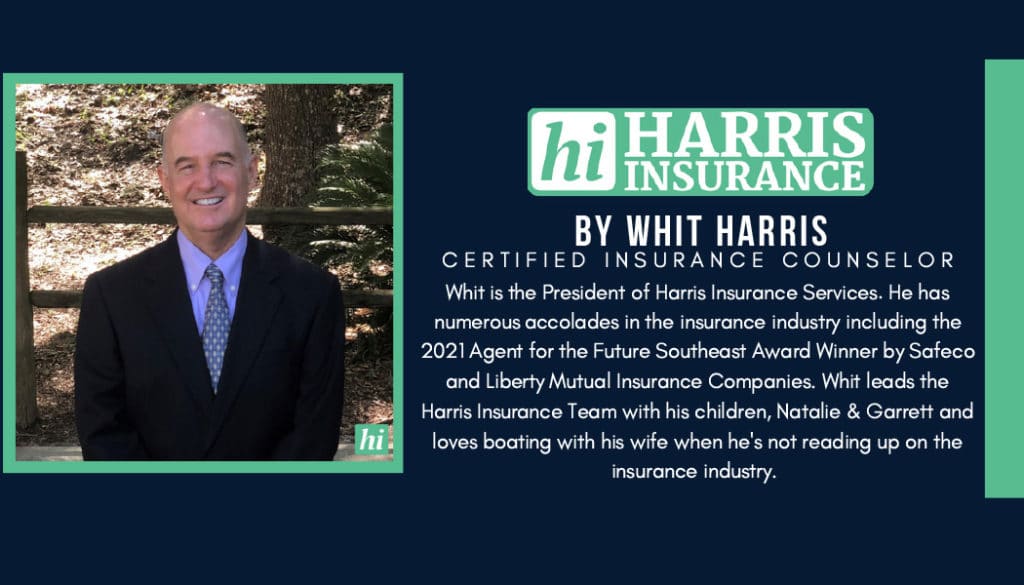There is a misconception that Insurance Agents can negotiate premium costs or even replacement costs when in actuality, rates are set forth in an agreement between insurance companies and Florida’s Office of Insurance Regulation. When a company first enters the Florida market, they must file their rating schedule for a specified period of time. This is intended to protect Florida property owners as well as stabilize the Florida insurance market.
Today we are going to address a provision that we see pop up periodically where an insurance company will agree to write a policy at a specific rate after an insured agrees to their offer. What I am describing is different from a typical offer and acceptance of an insurance quote, in that the amount of the premium is different than the insurance company’s approved rates.
In Florida, all admitted insurance companies are required to provide and file the rates they use with the Department of Insurance (DOI). Technically, this is a division within the Florida Department of Financial Services, (DFS). The DOI is charged with regulation and oversight of the operations and financial conditions of all the admitted insurance companies that do business in Florida. This includes rate changes which must be filed and approved by the DOI. This is another reason is why the cost of insurance is set and not negotiable. In fairness to all, the rates are theoretically “managed” to ensure the amount charged is justifiable and that everyone is assessed fairly for their exposure.
In a perfect world, these rate filings and approvals would be sufficient and there would never be a need for Consent to Rate or CTR because the ebb & flow of the rate changes would adjust as losses decreased or increased. Yet, you can imagine it does take time for all this to take place. Insurance Companies must compile their data and demonstrate their need, which of course requires historical data and statistically demonstrating that their losses are higher than anticipated. They must also ask for and justify the amount they will need over their current rate to return to profitability. Based on how compelling the data is, the DOI may accept, deny or adjust the insurance company request.
Of course if an insurance company has determined that the rates they have on file are insufficient, it is safe to assume they will need to slow down or cease writing business in order to prevent further bleeding. In a healthy insurance economy, this reduction in market capacity can be easily absorbed by other insurance companies until rates are approved or adjusted. In an unhealthy insurance economy, any reduction in capacity can have brutal consequences causing the market demand to increase during tight supply.
Many States including Florida allow insurance companies to deviate from their filed rate on a risk by risk basis and offer to insure a property and a higher amount than the approved rate. This is conditional upon the insurance company first receiving a signed consent from their insured agreeing to the rate proposed. This written form is called a Consent to Rate or Consent to Excess Rate (CTR) form. This CTR must be completed and signed along with the application for coverage.
In extreme circumstances this can work well or it can of course be abused. The benefit is that it allows the insured to secure coverage at an agreed upon cost. The unfortunate ramifications to such a requirement is that it makes the need for the adjusted rate appear to be price gouging. Price gouging and even the appearance of price gouging is never a good solution and can be a knife that cuts both ways. After all, how can an insurance company expect their policyholder not to embellish their claim, when it appears the insurance company embellished the premium on the front-end of the contractual agreement?
Abusive practices can be viewed other ways too. Unethical may be too harsh of a description but in my opinion, they are at least dishonorable. A few companies use their systems to practice what they call “analytics”. This is a practice I will blog about later, but the short version is that they withhold the ability to issue the policy until it is deemed sufficiently profitable for their consideration. This practice has the appearance of being a choice and requires no form or oversight.
Florida commercial lines insurance and the surplus lines market approach this in different ways so perhaps there is a hybrid or completely different approach to this form that could be adopted?
I understand the purpose for a CTR, and it makes good sense but in this age of insurance scoring with insurance companies maintaining proprietary algorithms that allow them to adjust, and offer deviated rates, it seems like the CTR is an unnecessary form that does not serve its intended purpose. In-fact, it may cause more harm than good.

LEGAL DISCLAIMER
Views expressed here do not constitute legal advice. The information contained herein is for general guidance of matter only and not for the purpose of providing legal advice. Discussion of insurance policy language is descriptive only. Every policy has different policy language. Coverage afforded under any insurance policy issued is subject to individual policy terms and conditions. Please refer to your policy for the actual language.




